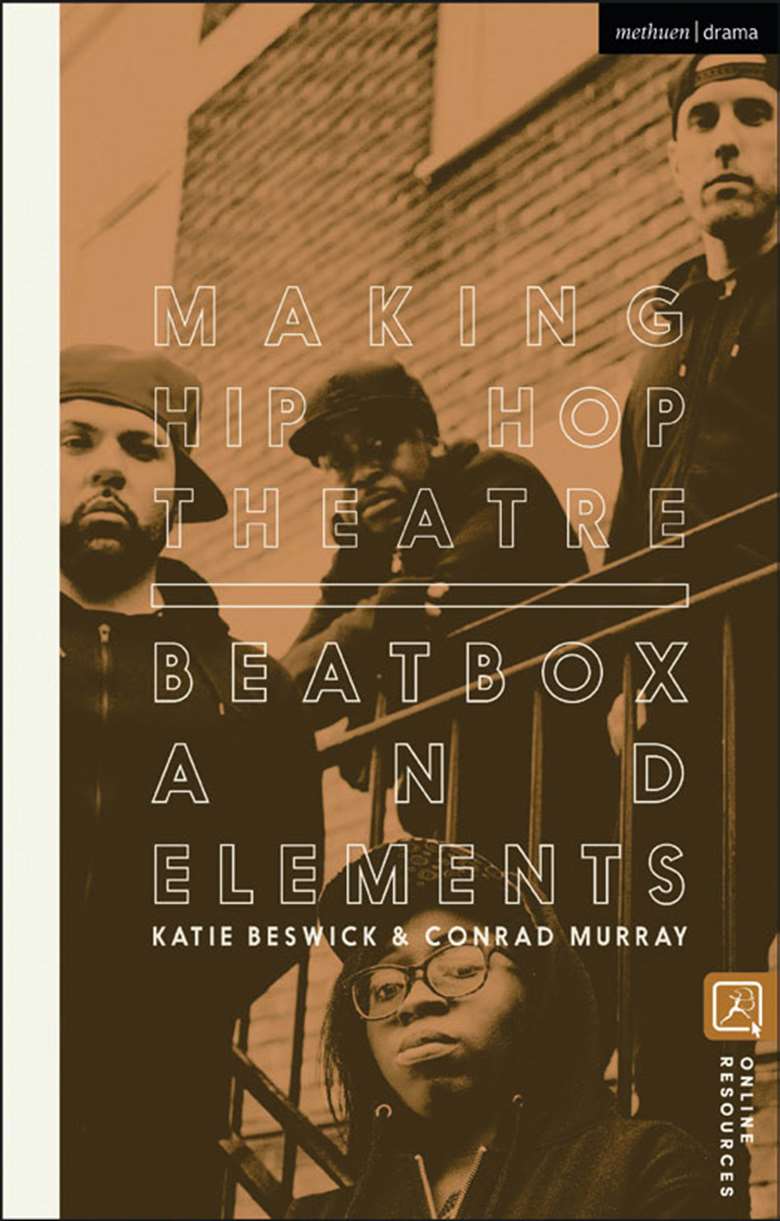Making Hip Hop Theatre by Conrad Murray and Katie Beswick
Naomi Holcombe
Saturday, October 1, 2022
'A brilliant hip hop theatre manual to kickstart the exploration of new areas of drama'

Conrad Murray's book looks at a style of theatre that is missing from the mainstream, delving into a world that many of us have not seen on stage, but many more of us should. ‘I wanted to create hip hop theatre because I felt there was something missing from theatre,’ writes Murray. ‘There were no books I had read, shows I had seen, practitioners I had studied that expressed the feelings I had in my head or body.’ He is absolutely right – and, as a result, he's produced a fresh and authentic resource for drama teachers everywhere.
For those who have never seen a hip hop theatre show, the idea of teaching it as more than just an abstract theory is slightly daunting. But this isn't simply relevant to those wanting to focus on hip hop theatre: it has been written as a manual to make new types of theatre more accessible in the classroom. Therefore, many of the exercises would be useful as an approach to devising across any genre. Beswick notes the importance of inviting local hip hop practitioners in for a workshop.
There are some useful specific activities in part one with detailed instructions, warm-up games and hip hop basics. Regardless of your stylistic focus, these activities would help any drama group loosen up in preparation for their practical work. Parts two and three might not be as useful to classroom teachers unless they are specifically looking to put on theatre in this style.
Every budding theatre student should read the segment in part two, titled ‘practical tips for starting a theatre career’. It has great advice from working with venues, effective email communication, timing and money. It's rare to find books of this type that explore these crucial financial parts of theatre making.
Part three focuses on co-author Conrad Murray's hip hop shows. Understanding how a show has been created and the detail of the process can be inspiring and useful if you're trying to create your own work. While it might help if you have seen one of Murray's productions in contextualising this writing, it certainly helps you gain a deeper understanding of the making process.
Hip hop theatre might seem like niche, but Beswick and Murray make a good case for it to join the mainstream – and this book should help educators working in any style.

